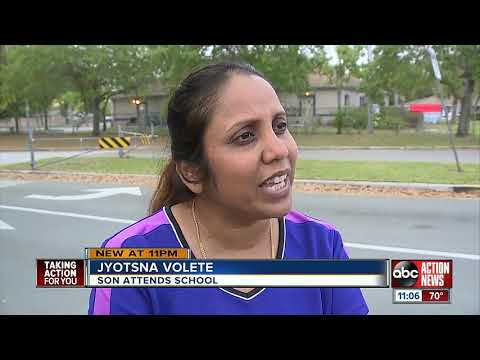
Aurora Cannabis, Tilray, Canopy trades were up 142 percent. Kate Rogers joins ‘Closing Bell’ to talk about the rally in cannabis stocks and ride-hailing companies in today’s retail trades. For access to live and exclusive video from CNBC subscribe to CNBC PRO:
Voters in four states on Tuesday greenlighted measures to legalize and tax recreational marijuana for adults.
Arizona, Montana, New Jersey and South Dakota have joined the 11 states that have already legalized recreational pot.
Those other states are Alaska, California, Colorado, Illinois, Maine, Massachusetts, Michigan, Nevada, Oregon, Vermont and Washington state.
Meanwhile, Washington, D.C., permits adults age 21 and over to possess up to 2 ounces of marijuana and allows for the transfer of up to an ounce to another adult — but you can still be arrested for selling it.
Voters also approved measures for medicinal marijuana in Mississippi and South Dakota.
“New Jersey legalized it, but so did deep-red South Dakota and Montana,” said Steve Hawkins, executive director of the Marijuana Policy Project. “It shows that regardless of political ideology or party differences, American support cannabis legalization.”
It also helps that levying legal pot could help states strengthen their coffers amid the current economic downturn. It comes down to their approach to the tax, policy experts said.
Fine-tuning taxes
How much of a boost states will get from pot sales will depend on how they structure the tax and each state’s approach toward licensing and regulation.
Often jurisdictions will tack an excise tax on sales of weed, along with a state general sales tax.
“If you set the rates too high, everyone goes to the black market,” said Ed Zollars, CPA and partner at Thomas Zollars & Lynch in Phoenix and an instructor at Kaplan Financial Education.
Similarly, a tax that’s based on the price of marijuana products — versus a tax that’s based on consumption or weight — might result in volatile revenues, especially as pot becomes more widely available and prices decline, said Ulrik Boesen, senior policy analyst at the Tax Foundation.
“This is why we always say with excise taxes, if you tax by quantity, you’re likely to have more stable revenue,” he said. “Even if price developments are unpredictable, we can predict how many people are buying in terms of weight.”
See below for a list of the recreational pot initiatives that voters pushed forward yesterday.
Subscribe to CNBC TV: n
Subscribe to CNBC: C
Subscribe to CNBC Classic: c
Turn to CNBC TV for the latest stock market news and analysis. From market futures to live price updates CNBC is the leader in business news worldwide.
The News with Shepard Smith is CNBC’s daily news podcast providing deep, non-partisan coverage and perspective on the day’s most important stories. Available to listen by 8: 30pm ET / 5: 30pm PT daily beginning September 30:
Connect with CNBC News Online
Get the latest news: /
Follow CNBC on LinkedIn: C
Follow CNBC News on Facebook: C
Follow CNBC News on Twitter: C
Follow CNBC News on Instagram: C
#CNBC
#CNBCTV










